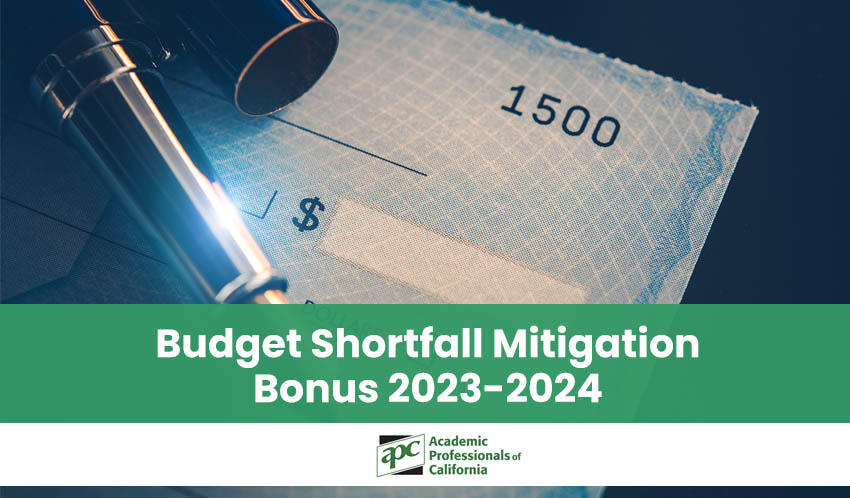A tuition freeze and a sharp drop in international students destabilized the university’s financial health.
Get the latest from Joanne Laucius straight to your inbox
Published Nov 12, 2024 • Last updated 4 hours ago • 4 minute read
Carleton University had been anticipating a deficit of $26 million this year, but the projected deficit is now “significantly higher,” a message from senior administrators warned the university community.
In an internal email from last week, provost L. Pauline Rankin and interim senior vice president of finance and administration Angela Marcotte said they were writing to share a “difficult message about the current state and projected outlook of the university’s financial sustainability.”
Carleton “has reached a point where significant measures are necessary to address annual deficits in the short and medium-term as we continue planning towards long-term financial sustainability,” said the email. The note also urged the university community to share ideas and suggestions to address the deficit.
Two major sources of revenue have been severely impacted in recent years.
In Ontario, domestic tuition rates were cut by 10 per cent in 2019 and have been frozen since that time.
“While this has been beneficial for students, it has had a destabilizing effect on Carleton’s financial health, as well as that of all Ontario universities, especially when paired with a stagnated government operating grant,” said the letter.
At the same time, there was an unanticipated drop in the number of international students, including a 55 per cent reduction in first-year undergraduate enrolment, and a 35 per cent reduction in incoming graduate students.
Marc Miller, Minister of Immigration, Refugees and Citizenship, announced in January that the federal government had set an intake cap on international student permit applications to stabilize new growth for a period of two years. The cap was expected to result in about 360,000 approved study permits, a decrease of 35 per cent from 2023.
“International students are vital to Canada and enrich our communities,” said Miller when making the announcement. “As such, we have an obligation to ensure that they have access to the resources they need for an enriching academic experience. In Canada, today, this isn’t always the case.”
Miller said the federal government’s measures were aimed at protecting a system “that has become so lucrative that it has opened a path for its abuse.”
Under the federal cap announced in January, as of Sept. 1, international students who began a study program that is part of a curriculum licensing arrangement will no longer be eligible for a postgraduate work permit upon graduation.
In September, Miller announced that the federal government will be reducing international student numbers by 10 per cent for next year.
THIS CONTENT IS RESERVED FOR SUBSCRIBERS ONLY
Subscribe now to read the latest news in your city and across Canada.
- Exclusive articles from Elizabeth Payne, David Pugliese, Andrew Duffy, Bruce Deachman and others. Plus, food reviews and event listings in the weekly newsletter, Ottawa, Out of Office.
- Unlimited online access to Ottawa Citizen and 15 news sites with one account.
- Ottawa Citizen ePaper, an electronic replica of the print edition to view on any device, share and comment on.
- Daily puzzles, including the New York Times Crossword.
- Support local journalism.
SUBSCRIBE TO UNLOCK MORE ARTICLES
Subscribe now to read the latest news in your city and across Canada.
- Exclusive articles from Elizabeth Payne, David Pugliese, Andrew Duffy, Bruce Deachman and others. Plus, food reviews and event listings in the weekly newsletter, Ottawa, Out of Office.
- Unlimited online access to Ottawa Citizen and 15 news sites with one account.
- Ottawa Citizen ePaper, an electronic replica of the print edition to view on any device, share and comment on.
- Daily puzzles, including the New York Times Crossword.
- Support local journalism.
REGISTER / SIGN IN TO UNLOCK MORE ARTICLES
Create an account or sign in to continue with your reading experience.
- Access articles from across Canada with one account.
- Share your thoughts and join the conversation in the comments.
- Enjoy additional articles per month.
- Get email updates from your favourite authors.
THIS ARTICLE IS FREE TO READ REGISTER TO UNLOCK.
Create an account or sign in to continue with your reading experience.
- Access articles from across Canada with one account
- Share your thoughts and join the conversation in the comments
- Enjoy additional articles per month
- Get email updates from your favourite authors
Sign In or Create an Account
or
Article content
Dominque Marshall, president of the Carleton University Academic Staff Association (CUASA), which represents about 1,000 full-time faculty members and librarians, said the announcement was not a shock to the union’s members.
The strain on the system caused by the tuition freeze and reduced international student numbers was well-known, and both universities and unions have been pressing the provincial government to increase funding, she said.
There has already been discussion about early retirement packa

